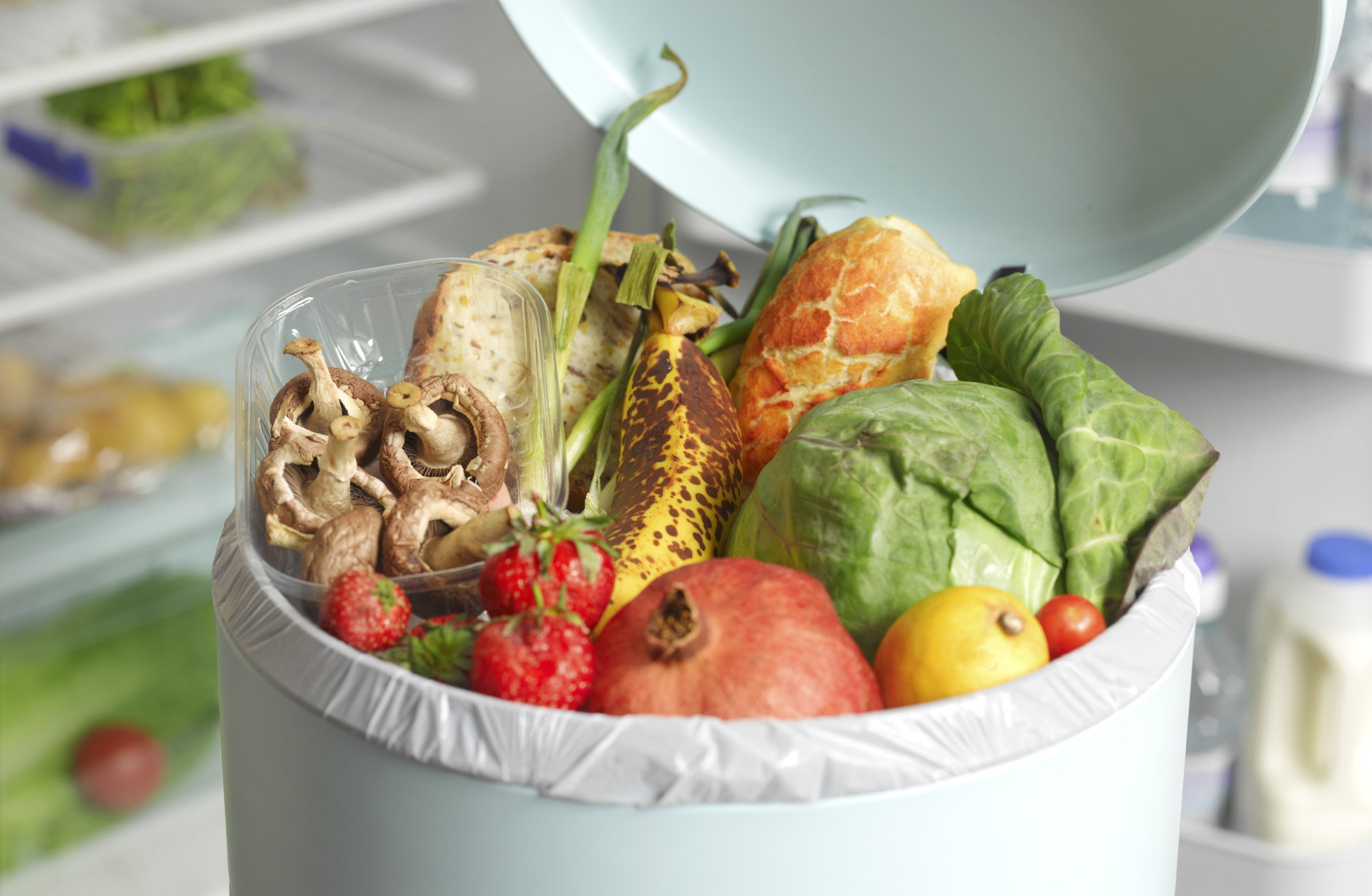
Jilly Stephens is the executive director of City Harvest, a food rescue organization. Dana Cowin is the editor in chief of Food & Wine and a member of the board of City Harvest.
In the U.S., up to 40% of food that is grown and produced is thrown away. That’s about $165 billion dollars of unused food. At the same time, an estimated 14.3% of American households were food insecure some time during the year in 2013, meaning they struggled to put meals on the table regularly for themselves and their families. Redirecting surplus food to food pantries, soup kitchens, and shelters is the key to productively utilizing the consumable food waste that is generated, and a start to ending hunger in this country.
Food waste is defined by the U.N.’s Eat Think Save campaign as “food that completes the food supply chain up to a final product, of good quality and fit for consumption, but still doesn’t get consumed because it is discarded.” In other words: perfectly good food that is thrown away.
While everyone has been guilty of buying too much, storing improperly, cooking too much and throwing away leftovers, the food industry plays a big part in this flawed cycle of stocking more food than needed. Food waste has negative humanitarian, environmental, and financial implications. It also contributes to a waste of environmental resources and the creation of greenhouse gases, which contribute to climate change. If we rescued 15% of good food from being wasted and redirected it to community food programs, it would be enough to feed 25 million Americans. By this calculation, saving 30% of wasted food means we can get closer to eliminating food insecurity in the U.S.
Recovering and preserving perishable surplus food from along the supply chain—including farms and distributors, restaurants and grocery stores—is what we call food rescue. Unfortunately, for the amount of food the U.S. produces, too many people continue to go hungry. It’s clear that America does not have a food supply problem but a food waste one. Food rescue is one of the ways to address the gap between those who have more than they need and those who need help. It is key to combatting food waste and ensuring millions of Americans have access to a quality meal.
Food waste isn’t just an abstract concept impacting the environment. It impacts our local neighbors, too. After seeing the waste from supermarkets and restaurants in stark contrast to her hungry neighbors in Brownsville, Brooklyn, Pastor Delores Boyd was moved to start an emergency food program in her community. To start, she purchased food with her own money but soon secured funding to create Mizpah Assemblies to serve people in a more permanent way.
Like Pastor Delores, we can all be a part of the solution. Take to social media to raise awareness and educate friends and family about food waste. Volunteer with organizations combatting hunger and food waste, and participate in local food drives. Suggest to your local restaurant and grocery store that they donate excess food to a local food rescue organization like City Harvest. Thanks to supportive policies, businesses and restaurants can increase food donations, offer flexible portions and track food waste. Creative programs like the concept behind pop-up restaurant wastED and a new documentary, “Just Eat It,” are putting the issue of food waste into the spotlight.
Businesses and consumers need to come together to fight hunger by eliminating food waste. Small steps from each of us can go a long way to end hunger.
Jilly Stephens is the executive director of City Harvest, which is the world’s first food rescue organization and is dedicated to helping feed the more than 1.4 million New Yorkers facing hunger each year. City Harvest is a member of Feeding America.
Dana Cowin is the editor in chief of Food & Wine, reaching a total audience of more than 12 million. Cowin is a member of the board of City Harvest and recently launched the #loveuglyfood campaign to encourage people to cut down on food waste.
More Must-Reads from TIME
- Donald Trump Is TIME's 2024 Person of the Year
- Why We Chose Trump as Person of the Year
- Is Intermittent Fasting Good or Bad for You?
- The 100 Must-Read Books of 2024
- The 20 Best Christmas TV Episodes
- Column: If Optimism Feels Ridiculous Now, Try Hope
- The Future of Climate Action Is Trade Policy
- Merle Bombardieri Is Helping People Make the Baby Decision
Contact us at letters@time.com